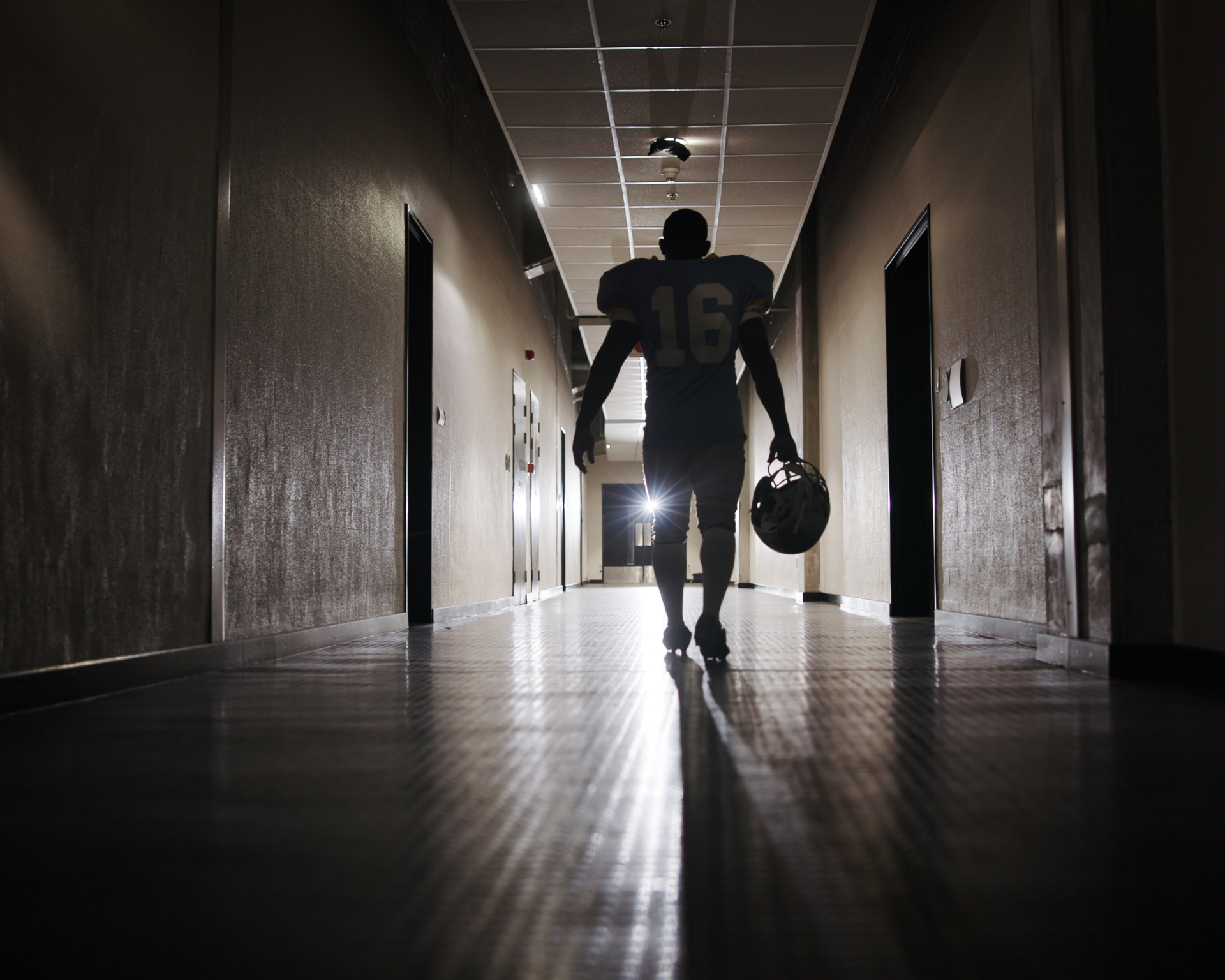Leeann Passaro
Leeann Passaro is the chief operating officer of The Hidden Opponent, an advocacy-based nonprofit organization that raises awareness for student-athlete mental health.

Read Time: 4 minutes
Published:
Leeann Passaro is the chief operating officer of The Hidden Opponent, an advocacy-based nonprofit organization that raises awareness for student-athlete mental health.
In a TED Talk from 2017, Victoria Garrick explained that despite the success of her Division I college volleyball career, she still struggled with depression, anxiety, and an eating disorder. The Talk went viral and became a mental health resource to student-athletes and coaches around the world. Two years later, Garrick founded The Hidden Opponent, and was later joined by Leeann Passaro as chief operating officer.
Passaro describes the organization as “a nonprofit and advocacy group that raises awareness for student athlete mental health and works to erase the stigma of mental illness within the larger sports culture.”
In sports, there is always an opponent to compete against. But sometimes, the opponent is oneself. “The Hidden Opponent is what we think of as mental health and mental struggles. It often goes unnoticed,” Passaro explains. “Often athletes don’t talk about this Hidden Opponent. They are constantly told to be tough, to keep going, to push their bodies to the limits.” This mindset, Passaro believes, could ultimately harm athletes’ mental health.
The Hidden Opponent is addressing the mental health crisis among student athletes in three ways. “First, we aim to advocate for the needs of student athletes, helping student athletes advocate to their athletic departments for a sports psychologist,” Passaro says. “Second, we aim to educate the general population about mental health issues facing athletes, but also mental health issues in general. Our third pillar is to support those who are currently going through mental health crises or struggles. We do this through community engagement, Facebook support groups, and other types of activities or events where people can share their stories.” Passaro continues, “The support pillar is hard to measure, but is perhaps the most impactful one. We hear from a lot of student athletes that the support that they’ve garnered through our programming, through making new friends, or getting connected to a counselor have really helped them, and I think this support has saved lives.”
A new program of the Hidden Opponent is directed towards coaches and professionals who are working with students. “It is important that coaches continue to take care of themselves, as well,” highlights Passaro. “Unfortunately, we see teachers and coaches all too often who are burning out, and choosing to go to other professions.”
Passaro describes one more program of the organization: The Campus Captains. “Over 800 student athletes serve as ambassadors of our mission on their college and high school campuses. We want them to educate themselves on a wide variety of mental health topics, so that they have a well-rounded understanding of mental health. We want them to use that knowledge to outreach into their communities. We help them host events. We encourage them to hold panels, or bring in speakers. And our Campus Captains help us by telling us what they need, what they’re seeing on the ground, and then we can lobby to enact greater change.”
Passaro would like to see legislation that mandates mental health specialists at every college. “The NCAA regulates and mandates certain things all the time when it comes to recruiting, finances, and hours of training. I don’t understand why they can’t regulate and mandate that every single athletic department has X, Y, and Z services.” Passaro notes that every college in New Jersey has 24-hour counseling or services available, to some extent. “I think that’s a great example of something that we could do nationwide. It’s a bare minimum, but it could be life changing.” Passaro explains that a policy like this would benefit all students, not just student-athletes.
“Athletes are often viewed as a commodity or entertainment,” Passaro says. “But mental health matters for them too. Our society is built around sports being entertaining and moneymaking and sometimes we forget to put the health of the people first.”
Photo provided



